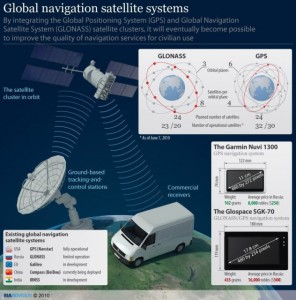
Discussing OWS (3): #OccupyWallStreet as a Culture Change Movement
Excerpted from William Gamson:
“The single most important thing to understand about the Occupy movement[deleted plural ending] is that it is primarily a movement about cultural change, not institutional and policy change. Cultural change means changing the nature of political discourse and the various spheres in which it is carried on, especially mass media. Changing what is salient on the public agenda can open discursive opportunities for various groups seeking specific institutional and policy changes.
The cultural mission of the Occupy movement is to raise consciousness about the corporate domination of American political, social, and economic institutions – and to the enormous inequalities in income and wealth produced by this domination. At the same time, it attempts to build a collective identity within its constituency by making personal suffering a shared experience. While I have no systematic data to prove it has done so, I am quite confident that, when such data is available, it will show that in various forums there has been a sharp increase since September, 2011 in references to corporate power and actual or potential abuse of corporate power and to statistics showing the dramatic increases in wealth and income controlled by the richest one percent or fewer families. Hence, it seems reasonable to argue that, whatever future institutional and policy changes may or may not take place in the future, this movement has already been a major success by changing the nature of U.S. political discourse.
Continue reading “Michel Bauwens: Occupy as a Culture Change Movement”





